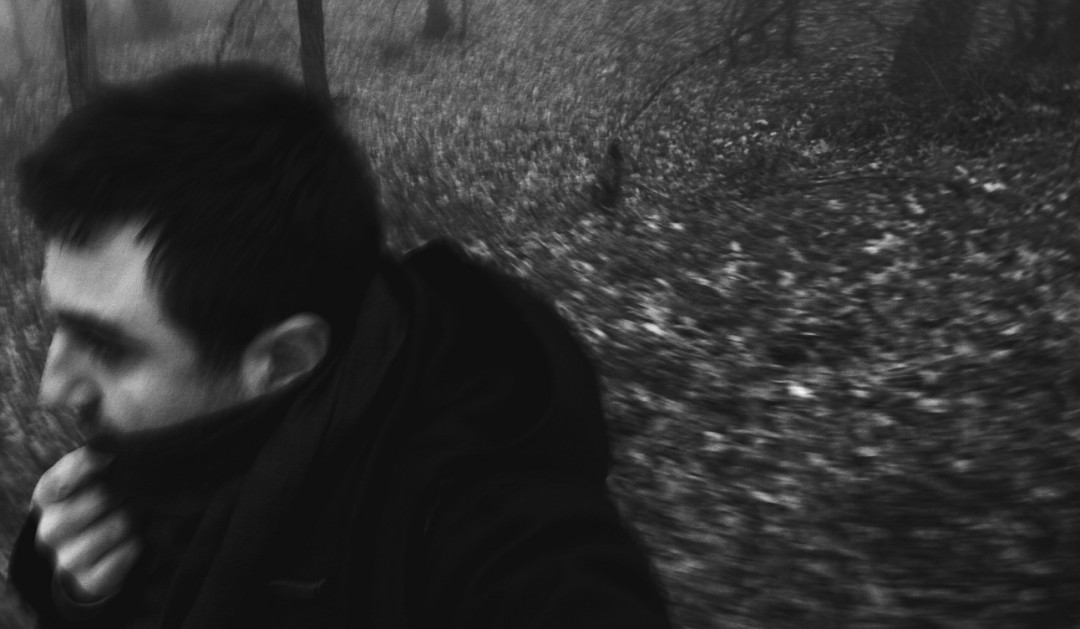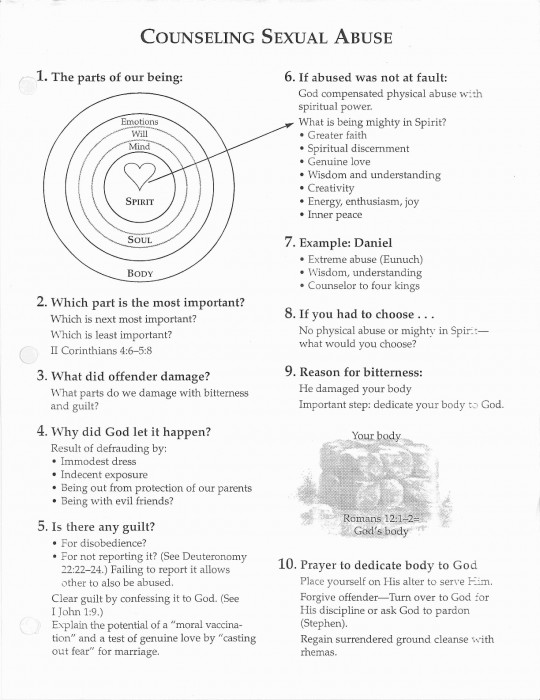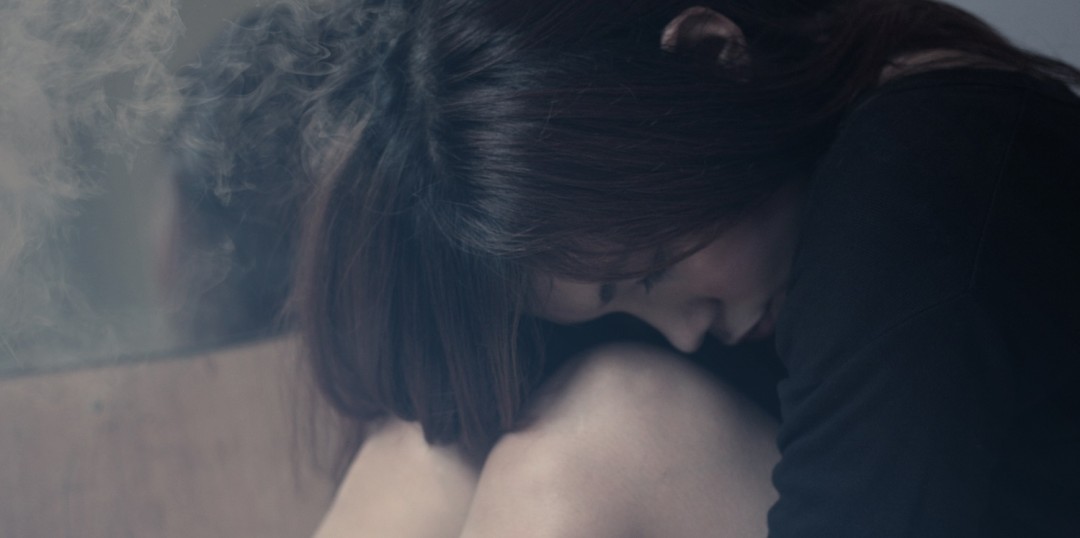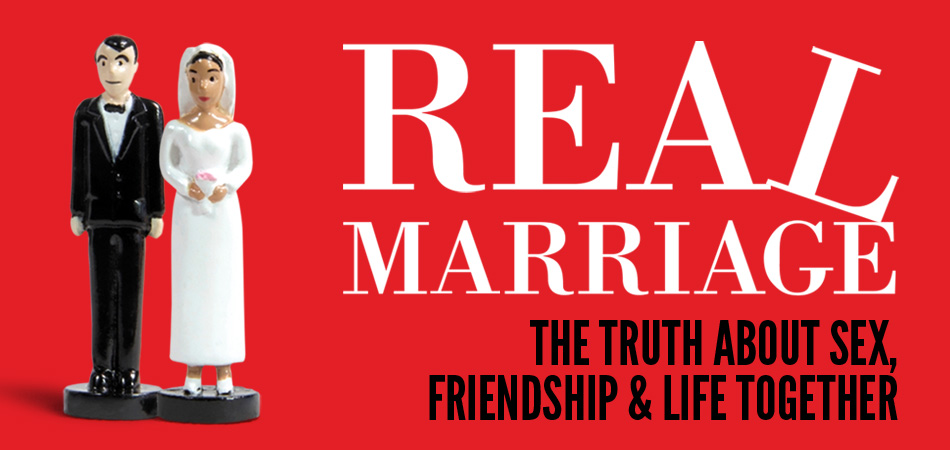
As I was interviewing people and researching their stories for my article on PCC, I had to make a tough decision about the stories that I would include. I didn’t have space for everyone, and I needed to be able to tell the stories clearly, but succinctly. There is not a whole lot of time for nuance in 1,200 words. A lot of people assumed that I chose the stories I did because they were “sensational,” which they are, but I actually chose them because their stories were simple, easy to explain, and easily understood by those who aren’t familiar with how predators operate and how they groom their victims.
However, I believe that the vast majority of victimized PCC students don’t have such cut-and-dried stories. So far, most of them have been far more complicated—however, they are also far more typical of what happens on the campus of Pensacola Christian and in the broader culture.
Monica Varela, “Moni,” has a typical story.
She is from Taiwan, the child of missionary parents, and started her freshman year, her very first semester, at PCC this January. As I’ve been talking with her, I’ve gotten to know a very gentle and incredibly sweet young woman, but she’s also incredibly brave—she decided to attend college in a foreign country, reached out to me, and is sharing her actual name. I am fiercely proud of her for being willing to do this.
After she arrived on campus, she quickly became friends with a young man who had also started in January. Her first impression of him was that he was a little awkward, but when he initiated a friendship with her, she thought that she should give him a chance. At first, everything seemed to be going well. He was incredibly sweet and generous—he gave her his favorite hoodie, and showered her with attention and compliments.
As their friendship progressed, he began “opening up” to her, telling her that he had never been able to open up to any other girl before, that he trusted her and valued her. She was helping him. He told her about some horrible things he’d experienced and said that her friendship with him was allowing him to trust people again, to realize that maybe people weren’t so bad.
If you have ever been in an abusive relationship, you will recognize this stage. It is one of the very first things that some predators do to groom their victims—they make their victim feel needed. They do everything they can to make sure their victim has bonded with them emotionally; the goal is to ensure that their victim feels compelled to stay in a relationship with them once they begin the abuse. You’ll hear this sometimes from domestic violence victims: they’ll excuse their abuser’s actions as part of them being “troubled,” and they see it as their responsibility to remain in a relationship with them in order to “fix them.”
The abuse in Moni’s relationship, like in most abusive relationships, began very slowly. One of the first steps he took was to isolate her from her support structure—she had family on campus, and had made other friends. He began asking her to go to dinner “just the two of them” because he wanted to spend time with her. When she would protest and say that she wanted to spend time with other people, he would ask her to accommodate his “social awkwardness.” He didn’t like big groups, he didn’t feel comfortable. Being the sweet person that she is, Moni capitulated to what he was saying he needed. Over time, she began seeing her friends and family less and less.
Another thing that predators do is test boundaries, or to outright violate them and see how you react. He began doing this to Moni, asking her to send him pictures. At first it was all incredibly innocent—he wanted a picture of her wearing the hoodie he’d given her, for example. This made her uncomfortable, but he would insist and eventually convince her that there wasn’t anything wrong with his request and she shouldn’t freak out, it wasn’t a big deal.
That is called gaslighting, and it is a very common abusive tactic. Predators employ gaslighitng in order to make sure that the victim doesn’t trust their own instincts or to respect their own boundaries—abusers convince victims that they cannot trust themselves or their perceptions.
(I explain more about how abusers can operate here and here.)
~~~~~~~~~~

As Moni’s relationship continued, the abuse progressed and he began using threats. He carefully never threatened Moni, but he started saying things like “I’ve never wanted to punch someone [referring to a female friend] so much” or “I could totally beat up your brother.”
Moni’s reaction to these threats was the reaction that most people would have: he could not possibly be serious. He must be making a very bad joke, she thought, and she blamed it on his “awkwardness.” She responded with “that isn’t funny” or “please don’t say things like that.”
Personally, I believe that abusers might use ridiculous threats like this in order to further isolate their victims. At one point during my abusive relationship, my ex threatened to hire a hitman to assassinate my two closest friends. It just sounds so crazy—who exactly are we going to tell? I didn’t really take him seriously, but it did make me horribly afraid. I knew he was capable of violence, and I had no idea how far he’d actually go. Moni began feeling and thinking very similar things—what was this young man actually capable of? Who would he hurt?
He continued his threats, continued gaslighting her, and began coercing her into sexting with him. When I asked her to describe those interactions, it all felt so familiar to me. In the early days of my abusive relationship, John* had pressured me into sexting and, eventually, phone sex. It’s difficult to explain how that process works if you have never experienced it, but the constant needling, the never-ending drone of “please please please please please” eventually wears you down to the point where you give in. When you’re simultaneously being gaslighted and drowned in flattery and “affection” and “baby I need you so badly,” things can get incredibly confusing, especially for a young woman who has nothing to compare it to. Especially for young women who belong to a culture that puts what men need at the top of our priorities.
During this period, he sexually assaulted her twice—while they were on campus.
After all of this, Moni still had the courage to stand up to him: she told him that she did not believe him, did not trust him, and that she did not like their relationship. She says that he “blew up” and broke up with her. She was relieved, and thought “finally, he’ll leave me alone now.”
That is when he began stalking her.
He followed her all over campus, even when she was in a group. Her friends noticed, and commented about the way he was looking at them—he made them feel unsafe and was giving them “evil looks.” A cousin asked her about what had happened, and when she heard everything Moni had been through, told her to take it to her floorleaders (which is exactly what PCC tells students to do).
The second her floorleaders heard what was happening, they were appropriately concerned and immediately sent her to Student Life the next day.
~~~~~~~~~~

Moni went to Student Life feeling hopeful. This was her first semester at PCC, so she innocently believed what Student Life said—they claimed to care about students, and they had publicly assured the campus that they take things like what Moni was going through very seriously. It’s even in their handbook, the Pathway, that they respond to “harassment” (which supposedly includes stalking and sexual assault) very seriously.
However, the several women that she spoke to in the Student Life office did not take her seriously. They told her that because the threats he had made were verbal and not written that there was nothing they could do, and their only “solution” to his stalking was to tell her to “remain in groups and very public places,” confident that he would eventually give up and leave her alone, and that she was “letting herself be too controlled by fear.”
In an attempt to explain what this man was capable of, she told them about how he had sexually assaulted her twice, and about how he had been coercing and pressuring her sexually.
That’s when they finally became interested. They switched from being dismissive to being hostile and demanding—they repeatedly asked her variations of “do you know what your sin is?”. After several hours of interrogating her, they concluded that she “had been too willing” and she was sent in front of another “council” and told to “defend herself.”
She explained everything that had happened, and the council decided to expel her for “sexual misconduct.”
In her own words, this is how Moni described her encounter with Student Life:
They treated me like I was a dirty, sexually disturbed person … how they mentally and physically exhausted me that day and then made me defend myself without really knowing how is the most horrible memory I have. I looked into their faces and saw no sympathy and Christian love. Only disdain and judgment as I sat there trembling.
Did the women, when interrogating me, try to comfort me as I cried? No: instead they were trying to elicit a confession of my sins, and a repentance for what they thought was my “seduction.”
This is called re-victimization, and many sexual violence victims report that their encounters with authority figures after their assault is more traumatic than the assault itself. That is what Student Life did to Moni—they listened to a story about verbal abuse, physical threats, stalking, and sexual assault, and instead of reacting with empathy and compassion, they began attacking her.
Instead of helping her, they expelled her.
~~~~~~~~~
That is what Pensacola Christian College does. I’ve heard dozens of stories from other victims in the past few months, and most fit this pattern. The administration, Student Life, and their “counselors” do not understand sexual violence, trauma, or abuse, and so they almost invariably re-traumatize victims.
This must change.
author’s note: I was able to independently corroborate this story with several PCC students and staff, all of whom have asked to keep their identities private for fear of reprisal from the college.
*edit: ordinarily I keep my comment section fairly open. For posts like this one, however, I moderate more closely. Because of the content, it is vital that the comment section remain a safe place for me, Moni, and other survivors. Also, if you believe that whether or not Moni has reported her assault to the police is at all relevant, you have missed the point of this article.












